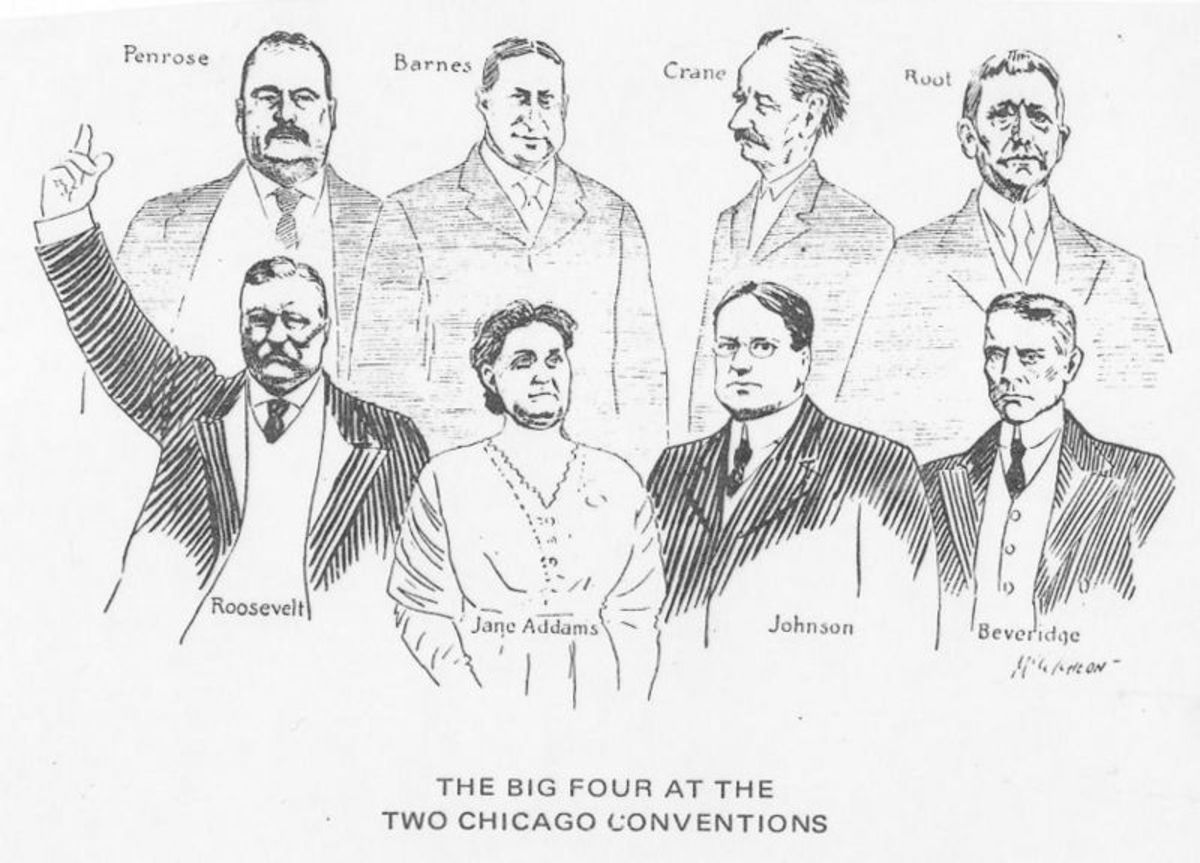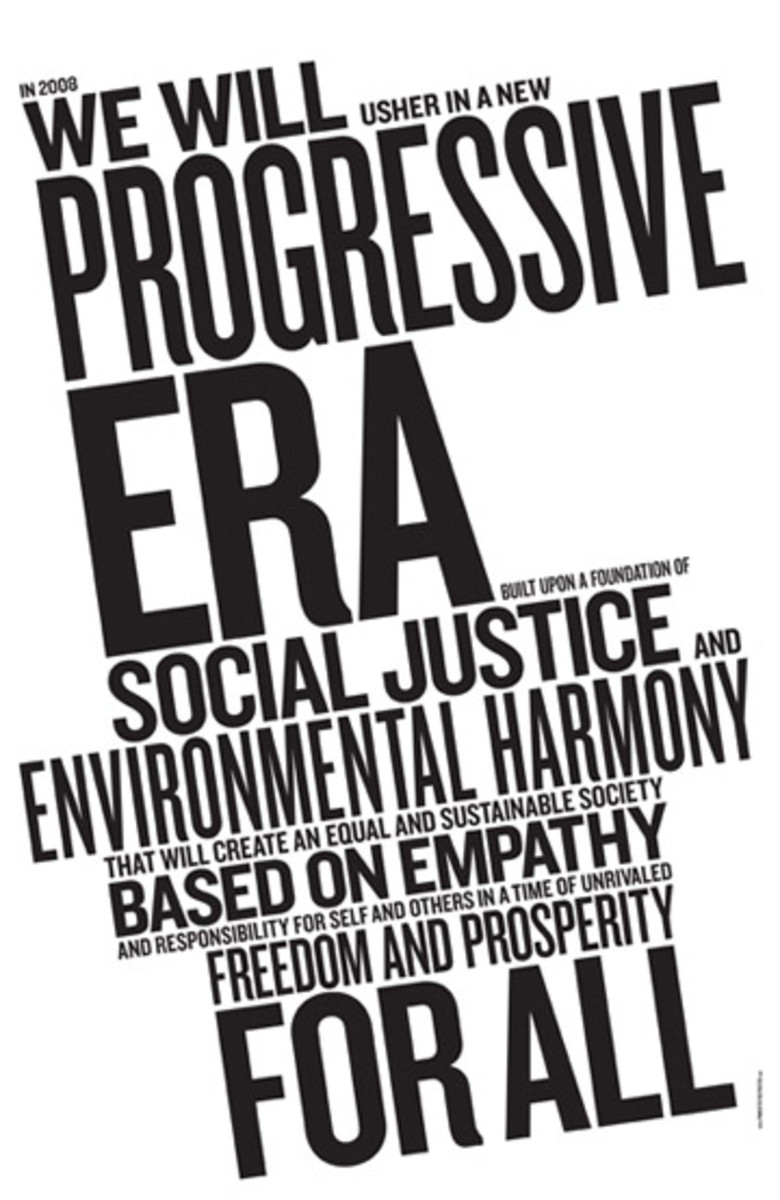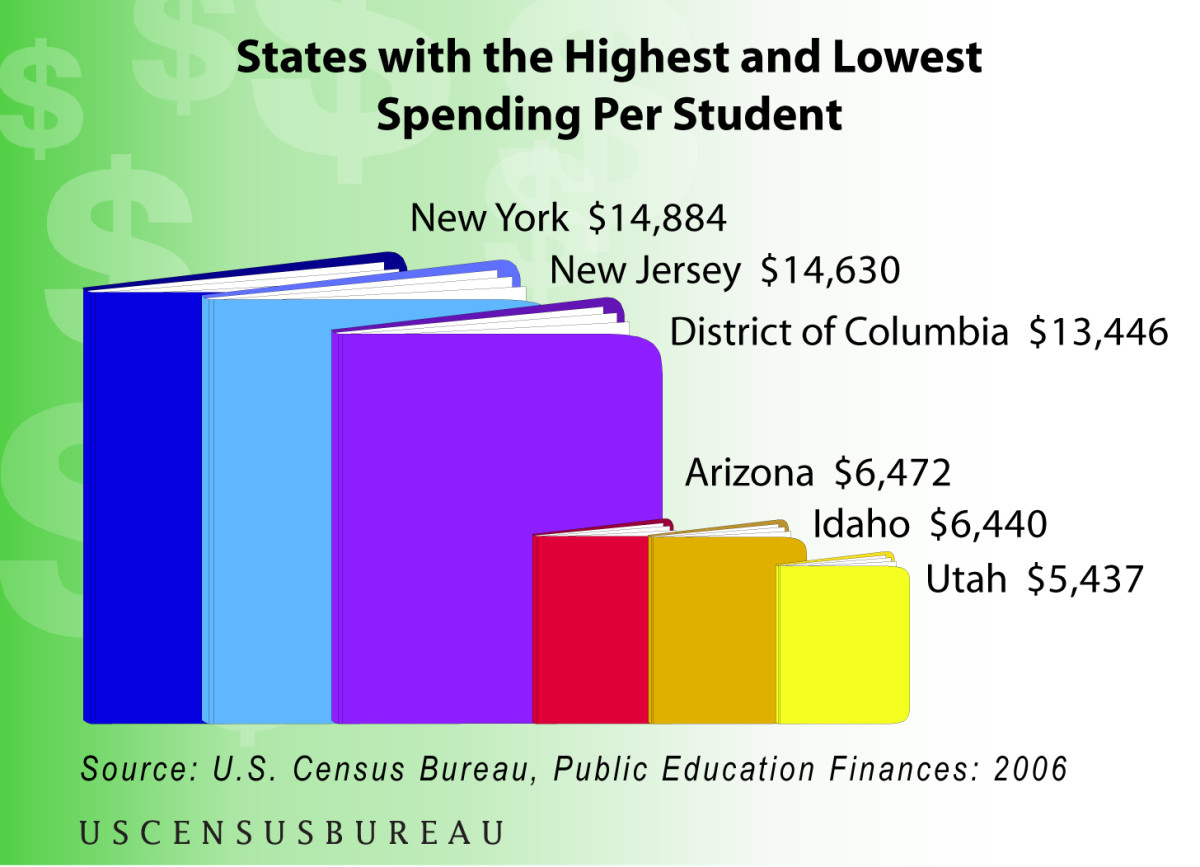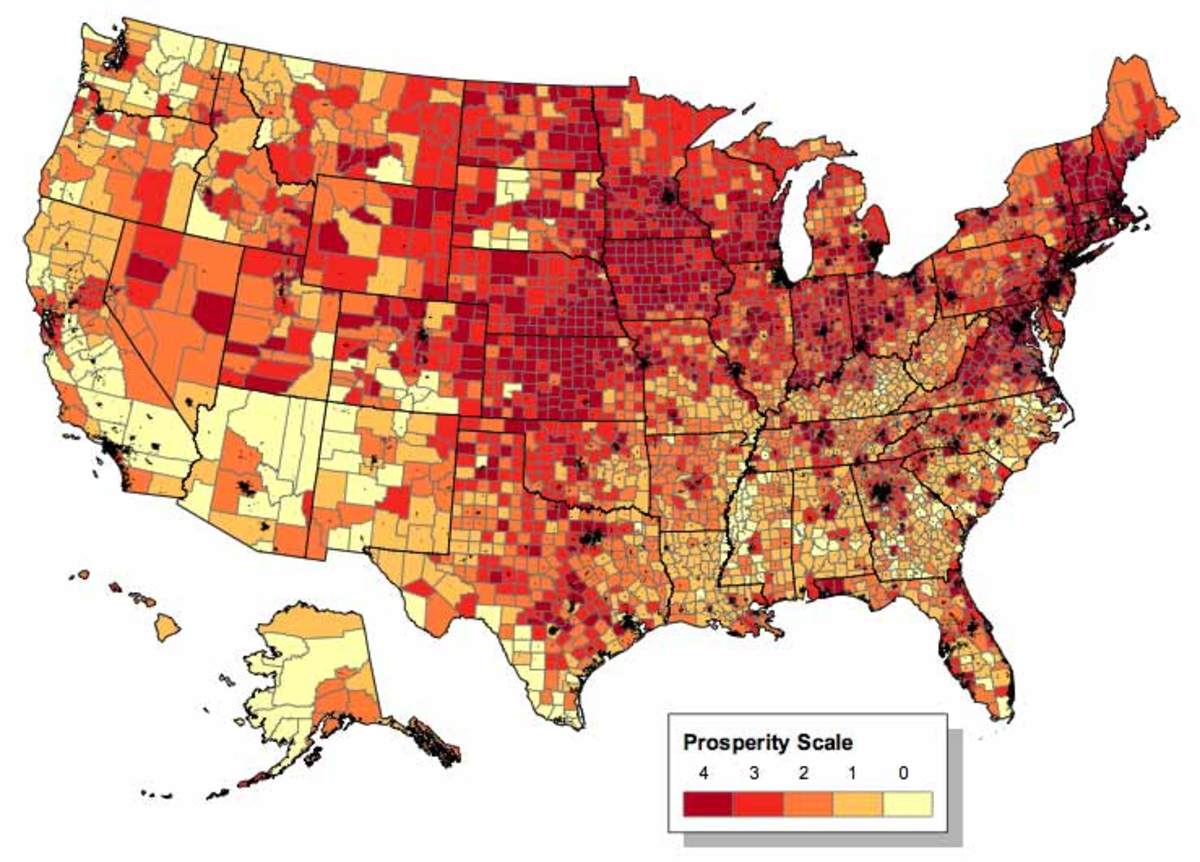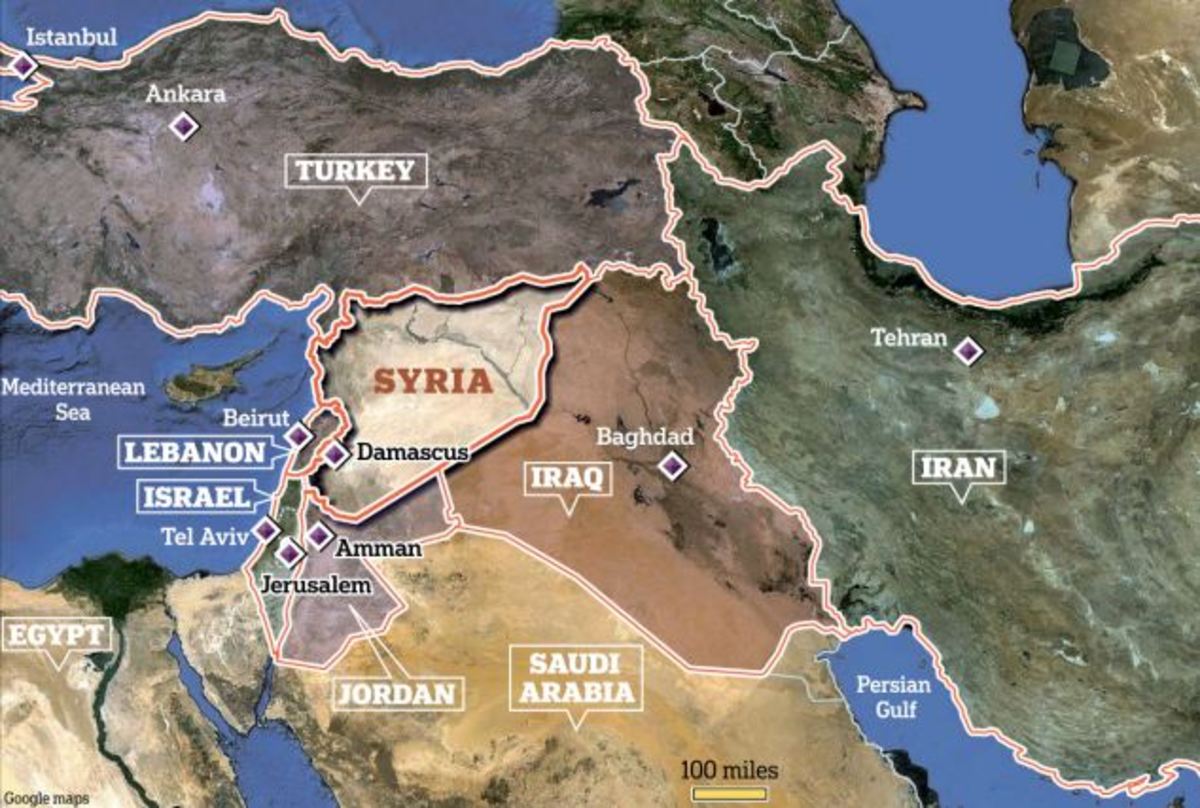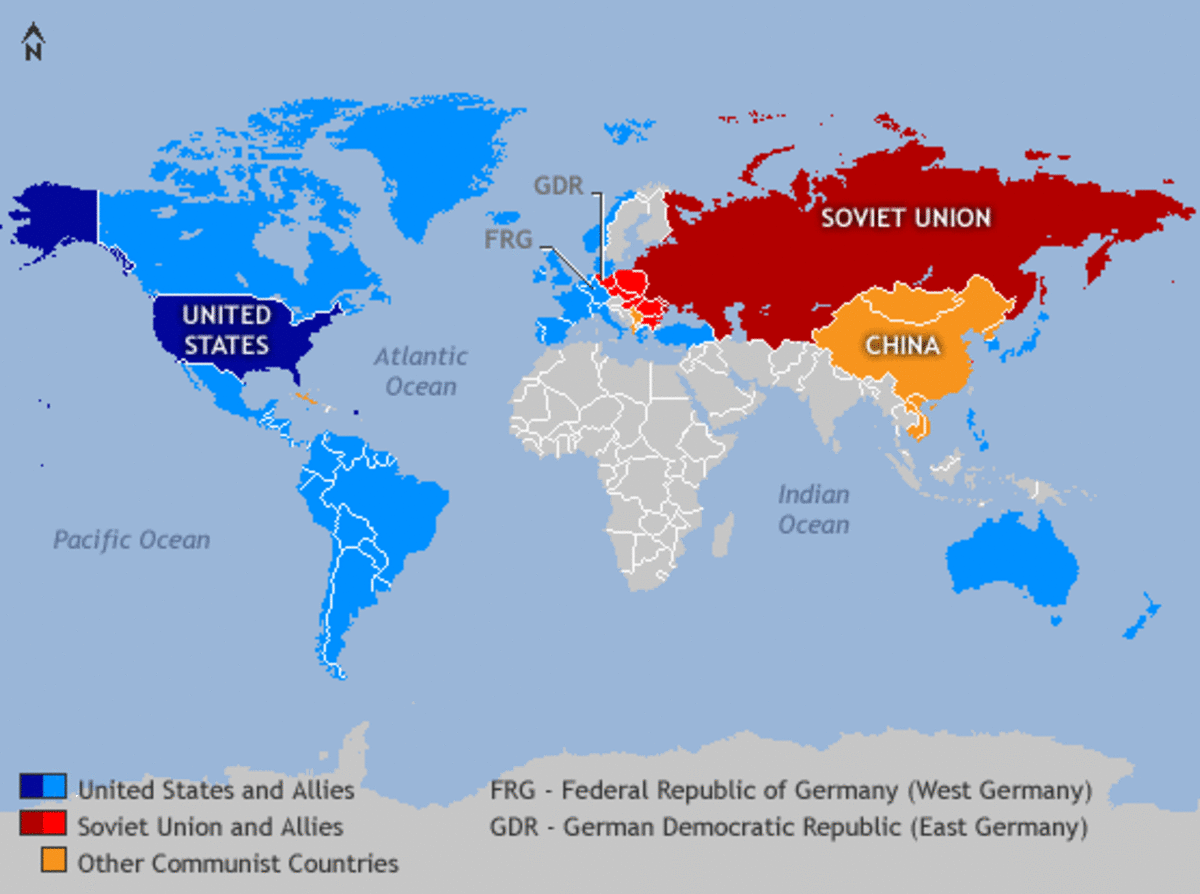Roosevelt and Wilson True Progressives?
Progressivism

True Progressives?
To look at and compare Theodore Roosevelt's progressivism with Woodrow Wilson's progressivism one needs to know the original definition of progressiveness, Roosevelt's idea of progressiveness and Wilson's idea of progressiveness. One would also need to be aware of both president's foreign policies and political ideals. After the definition of progressiveness is found, in order to see the difference in the progressive views of Roosevelt and Wilson, their many speeches and the things that they accomplished during their presidencies need to be look at very carefully.
During the year 1911 there was a fire at a place called the 'Triangle Shirtwaste Factory. It is said to have been one of the worst tragedies that New York has ever faced, up until the 'Twin Tower Attack' during September eleventh, where 150 people died in a raging fire known as 'the fire that changed America'. The factory was blamed for the fire due to unsafe working conditions. This tragedy, which cost the lives of Americans, most of which being female, caused people to think in a new way about labor and other issues with American society. "The Triangle Shirtwaist Factory fire was not the first, but one of a growing line of significant social problems that spawned a new wave of activists who struggled to improve the world around them. They sought to inspire new levels of government activism to result in social and economic change. They were known as the Progressives because they firmly believed that they could change society for the better, and even come close to a state of perfection" (Bowels, 2011). In other words, progressives are individuals that want to change the wrongs that happen in society in order to create a society that may become a more utopian place to survive.
In the year 1912, "Third-party Bull Moose state their positions on the issues of the 1912 election" (Bull Moose Party, 1912). The progressives of the time thought that "this country belonged to the people who inhabited it. Its resources, its business, its institutions and its laws should be utilized, maintained or altered in whatever manner would best promote the general interest" (Bull Moose Party, 1912). This meant that nothing, including the government and big business, should infringe upon the right of the American public to have a safe and peaceful society, where people were free to make their own choices and everyone was equal to the person standing next to them. Technically, progressives stand for everything that America is supposed to be about, freedom, equality and the right to choose. Roosevelt and Wilson were two presidents that saw things from a progressive point of view, even if they did see things in a different fashion.
[To Roosevelt, anyone who had a forward-thinking vision of the future and intense convictions qualified as a Progressive. However, these convictions had to include sympathy for the common person, as well as imagination for how to improve their lives. On the other hand, if a person simply had "mildly good intentions," Roosevelt considered them as "utterly useless" (Pestritto and Atto, 2008)] (Bowels, 2011).
This is a rather broad and non-specific idea for what progressivism is but, progressive is a really broad term. Roosevelt felt that "progressivism was not one single, easily defined movement" (Bowels, 2011) and he showed this in many ways. "Roosevelt is most remembered as a man in perpetual motion, the hyperactive president, forever dynamic, spewing bombast from the Bully Pulpit" (Troy, 2013). Roosevelt did seem to differ slightly in many of his actions from the speeches he made. In one speech on nationalism during the year 1910 Roosevelt said;
[Our country -- this great Republic -- means nothing unless it means the triumph of a real democracy, the triumph of popular government, and, in the long run, of an economic system under which each man shall be guaranteed the opportunity to show the best that there is in him. That is why the history of America is now the central feature of the history of the world; for the world has set its face hopefully toward our democracy; and, O my fellow citizens, each one of you carries on your shoulders not only the burden of doing well for the sake of your own country, but the burden of doing well and of seeing that this nation does well for the sake of mankind] (Roosevelt, 1910).
In this statement he pretty much says that the rest of the World looks towards America to learn what democracy really is and that the American people have a responsibility to show them. His actions boast another path. Roosevelt, did not let other nations look to Americans for democracy, he imposed it himself. Roosevelt was the man to put the Monroe Doctrine in place, which stated; "that the Western Hemisphere was essentially off limits to Europe. In turn, America promised not to meddle in internal European affairs (Bowels, 2011). This Doctrine basically let other countries know that Americans were not worried about the things that they were doing, Americans were focused on America and its internal issues like the poor, better labor laws, control of big business and corruption of government. Roosevelt then issued his Corollary to the Monroe Doctrine, which gave America the right to intervene in foreign affairs should they be unable to properly control their country or should they become a threat to the US. This Corollary shows that other countries did not look to America and take examples from its democracy, they were kind of forced to take examples and utilize them from the American government and President Roosevelt himself.
Another thing that Roosevelt spoke heavily upon was equality for everyone, yet he seemed to take no action when it came to creating or seeking equal rights for African Americans. Roosevelt made this statement about equality;
[Practical equality of opportunity for all citizens, when we achieve it, will have two great results. First, every man will have a fair chance to make of himself all that in him lies; to reach the highest point to which his capacities, unassisted by special privilege of his own and unhampered by the special privilege of others, can carry him, and to get for himself and his family substantially what he has earned. Second, equality of opportunity means that the commonwealth will get from every citizen the highest service of which he is capable. No man who carries the burden of the special privileges of another can give to the commonwealth that service to which it is fairly entitled] (Roosevelt, 1910).
This statement was made, and sounds wonderful, but little was done in the way of achieving either of these two conditions, and even to this day the second condition has not been met due to the fact that so many individuals live off of other Americans and sit on Welfare or Supplemental Security Income. It seems as though Roosevelt's ideas were little more than dreams and hopes for a better society, without much action to achieve them.
"Woodrow Wilson has been one of the most studied presidents in U.S. history. Many historians have been interested in the impact religion had upon Wilson. In particular, scholars have debated over the extent that religion influenced his personal life and political career" (Flores, 2011). Wilson was not as worried about, or as big on, the American public being equal as he was about the corruption of government, the control of big business and conservation of the World's limited natural resources. In fact, "at the time, he was not certain that women should be allowed to vote" (Bowels, 2011) and his inauguration was set to be protested by 5,000 women. In his first inaugural address he stated;
[A tariff which cuts us off from our proper part in the commerce of the world, violates the just principles of taxation, and makes the Government a facile instrument in the hand of private interests; a banking and currency system based upon the necessity of the Government to sell its bonds fifty years ago and perfectly adapted to concentrating cash and restricting credits; an industrial system which, take it on all its sides, financial as well as administrative, holds capital in leading strings, restricts the liberties and limits the opportunities of labor, and exploits without renewing or conserving the natural resources of the country; a body of agricultural activities never yet given the efficiency of great business undertakings or served as it should be through the instrumentality of science taken directly to the farm, or afforded the facilities of credit best suited to its practical needs; watercourses undeveloped, waste places unreclaimed, forests untended, fast disappearing without plan or prospect of renewal, unregarded waste heaps at every mine. We have studied as perhaps no other nation has the most effective means of production, but we have not studied cost or economy as we should either as organizers of industry, as statesmen, or as individuals] (Wilson, 1913)
Wilson was not concerned with the conflict in other countries, he was worried about America, and in fact, pushed towards an Isolationist America. America stayed an isolationist country between the time of Roosevelt's conquests and the beginning of WWI when Pearl Harbor got bombed and drew the US into war. This is definitively one of the biggest differences between Roosevelt and Wilson.
Roosevelt was concerned with making America a World power which was to be used for examples of how a nation should be run and supposedly the equality of the American people. Wilson wanted America to be full isolationists who dealt with their own issues, where Roosevelt went on a conquest to gain lands, allies, to make sure that other countries were doing what they were supposed to do and that these countries posed no threat to America, meaning that America was an interventionist country. Both men wanted to serve their country and make America a better place to live, but both men forgot what really mattered while making all of their foreign policies.
To look at and compare Theodore Roosevelt's progressivism with Woodrow Wilson's progressivism one needs to know the original definition of progressiveness, Roosevelt's idea of progressiveness and Wilson's idea of progressiveness. Technically, progressives stand for everything that America is supposed to be about, freedom, equality and the right to choose. Wilson wanted isolation to make America focus on its own issues, yet he refused to deal with the millions of American men who came home from the war with no jobs and men who got laid off from the factories which had lost military government contracts. Instead he was too busy signing treaties of peace with foreign countries. Roosevelt wanted to intervene in other countries affairs but refused to intervene when states were making laws about how white people and African American people should be separated, and even sat around while segregation of the races was made federally just. In order to see the difference in the progressive views of Roosevelt and Wilson, their many speeches and the things that they accomplished during their presidencies need to be look at very carefully. While both men had great ideas for a progressive America, neither one of them really enacted very many laws or regulations to make it happen. It seems as though both men were more concerned with the actions of other countries and used these actions to slightly ignore the real issues going on in their front yard.
Roosevelt
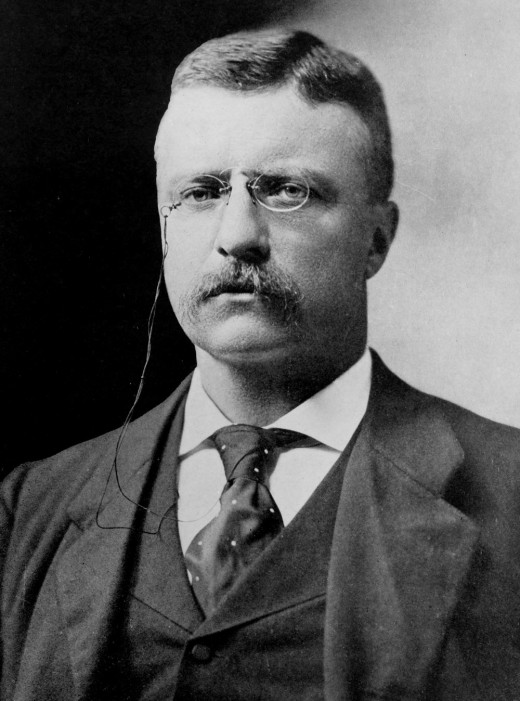
Resources
Bowles, M. (2011). American history 1865–present: End of isolation. San Diego, CA: Bridgepoint Education, Inc.
Bull Moose Party. (1912, Aug. 7). Platform of the Progressive party. Retrieved from http://www.pbs.org/wgbh/americanexperience/features/primary-resources/tr-progressive/
Flores, A.(2011). What the World should be: Woodrow Wilson and the crafting of a faith-based foreign policy (review). Enterprise & Society 12(2), 485-487. Oxford University Press. Retrieved September 1, 2014, from Project MUSE database.
Roosevelt, T. R. (1910, Aug. 31). The new nationalism. Retrieved from http://www.pbs.org/wgbh/americanexperience/features/primary-resources/tr-nationalism/
Troy, G.(2013). Theodore Roosevelt and the American political tradition by Jean M. Yarbrough (review). Journal of Interdisciplinary History 44(1), 142-143. The MIT Press. Retrieved September 1, 2014, from Project MUSE database.
Wilson, W. (1913, March 4). First inaugural address. Retrieved from http://www.pbs.org/wgbh/americanexperience/features/primary-resources/tr-woodrow/
Woodrow Wilson
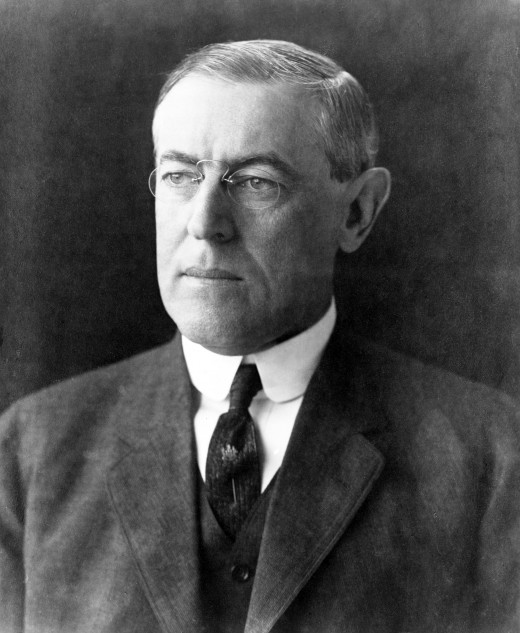
Woodrow Wilson Speech "Democratic Principles"
Teddy Roosevelt Speech on Social and Industrial Justice
Which One?
Who was the better of the two Presidents, Wilson or Roosevelt?
Rate This Hub
© 2014 Kelly Miller

